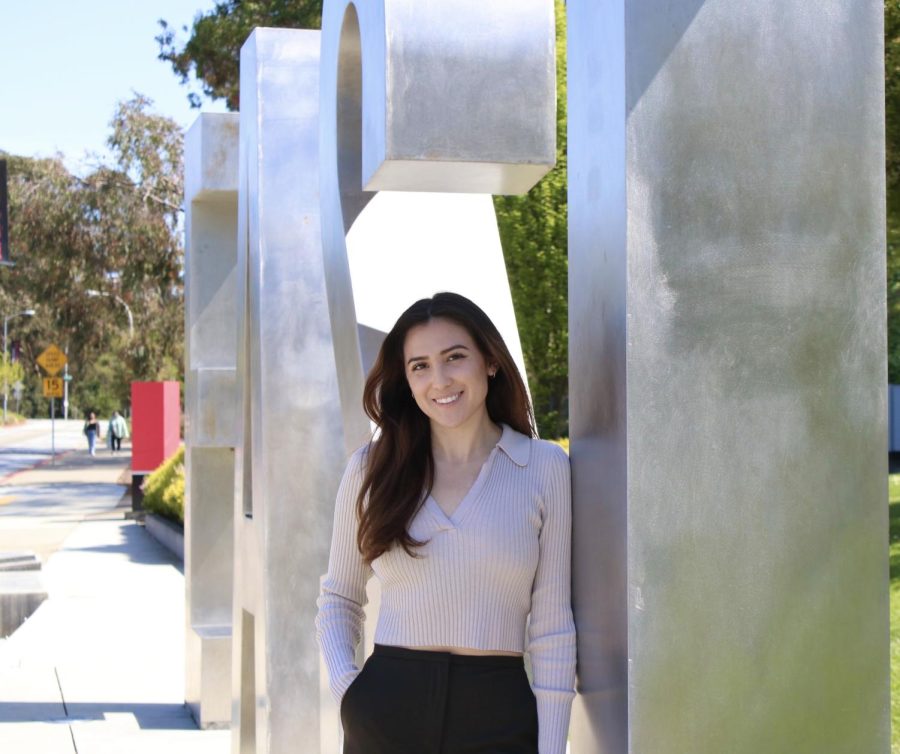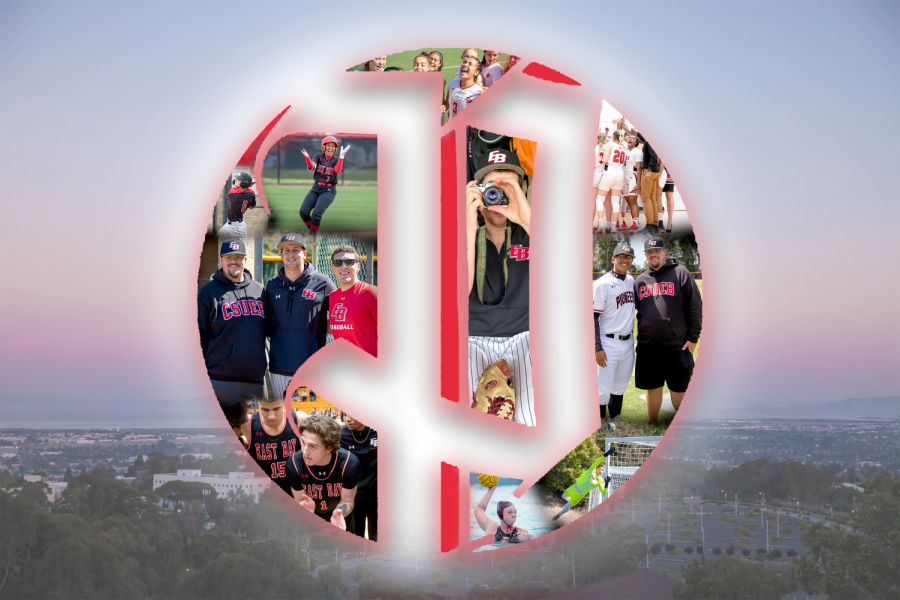Jesus himself once spoke in regards to the return of Christ:
“No one knows the day or hour, not the angels in heaven, or even Christ himself; only the father knows.”
Despite the well known scripture amongst Christian believers, theories are continuously formulated to predict the anticipated return of Jesus Christ.
On May 21, 2011, Bay Area resident Howard Camping, 89, predicted that judgment day would fall upon us; the righteous would fly up to heaven and the corrupt remainder of civilization would be left to experience five months of fire, brimstone, and plagues, with millions of people dying each day.
Camping is not alone in his predictions of end times. Several predictions have been formulated over the years by prominent religious figures of authority and each theory has failed.
Given the numerous prophecies of Christ’s return and the equivalent number of failed assumptions, what possesses Christians to continue to believe that their savior is coming?
For Pentecostal pastor, Alfonso Martinez, it is the only truth he knows.
“I cannot force people to believe what I believe, but I can present the truth as I know it,” he said. “I cannot just believe we evolved. We just didn’t happen. There had to be a creator, and that is God.”
To Atheists or non-believers the idea of a spiritual being descending from the heavens to collect its followers is absurd and laughed upon.
Atheist and Hayward native Kendra Snow defines religion as an outlet to escape reality.
“Believing that some all-powerful deity is going to fly me up into the clouds is unreal,” she said. “Science is what’s real and the creationist theory is all myth.”
The great debate of religion vs. science will forever continue. As short is opposite of tall, religion is opposite to science. The two will never coincide nor mix.
As scientists believe the earth evolved from a massive explosion known as the big bang theory, Christians follow the scripture stated in the book of Genesis, “…God created the heavens and earth.”
“Some people have made the analogy between science and religion,” said Gary Weston, physics professor at East Bay. “Both make certain assumptions and predictions about what will happen in the future, so scientists don’t really incorporate religion into their theories and possibly vice-versa. They’re two different types of belief systems.”
The two belief systems are also contrasting in their predictions for the future of the world. As opposite as the theories of how the world began are the assumptions of how the world will end.
“The earth is an ever-evolving place,” said Weston. “Hypothetically, based on [scientists] current measurements, the universe will expand forever.”
Weston said there have been a number of conspiracy theories, but all have been proven wrong.
At the same time we must consider the numerous scientific theories that scientists devised and were proven wrong. This happens frequently and it’s written off as a miscalculation.
Yet when assumptions are made about the return of Jesus Christ and the assumption is proven to be a fallacy, Christians are mocked and ridiculed for their beliefs of the rapture.
“The entire Christian body can not be under the representation of one man,” said Martinez. “Harold Camping, along with others who predicted the return of Christ, are false prophets.”
Yet the question still remains. What possesses Christians to continue to believe that their savior is coming when after all predictions of Christ’s return are proven to be misconceptions?
As Christianity is a belief system, so is science, Atheism, and every other remaining religion in the world today.
Who is to say that Atheism or science is correct above all other beliefs?
“How is saying we evolved from apes any less “crazy” than saying Jesus Christ is coming for his people?” said Christian believer Joseph Rodriguez.
Ultimately, the truth is that we are privileged people. We have the ability to frame our own opinions and beliefs.
“My faith allows me to have confidence that what I believe is true,” said Martinez. “That is why I continue to believe that Christ will come. Just as other religions and practices have their beliefs, I have mine as well.”













